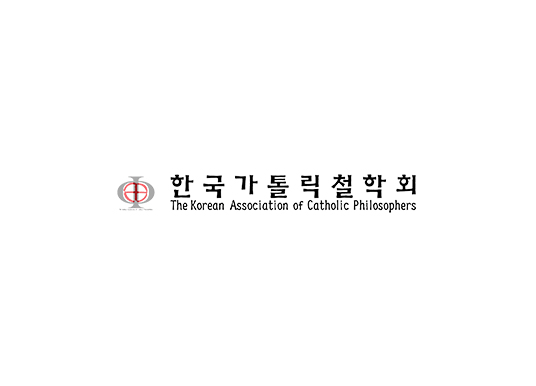하이데거의 존재론적 ‘악(惡)’ 이해
Heidegger’s Ontological Understanding of Evil
이진주
본 대학
가톨릭철학
2023, vol., no.41, pp. 81-129 (49 pages)
한국가톨릭철학회
1. 들어가는 말
2. 신에 반하는 자기 마니아적 정신인 하이데거의 악
3. 악과 존재망각의 연관
4. 하이데거의 악 이해와 구분되는 셀링의 악 이해
5. 하이데거의 존재론적 악 이해
6. 악 규정의 의의: 하이데거 철학에서 존재망각의 개념의 중요성에 연관하여
7. 나가며
초록
하이데거는 셸링의 『자유론』을 재료삼아 ‘개별 인간 존재자의존재’를 ‘자기 마니아적 자기성’으로, 즉 ‘악’으로 이해한다. 이 ‘자기 마니아적 자기성’은 『니체IㆍII』를 경유하여 ‘존재망각’ 개념과 연결된다. 한 개별 인간의 존재가 악이고, 그 악이 존재망각과 연결될 때, 존재망각은 한 개별 인간에게 닥쳐오는 역사적 운명처럼 보인다. 이러한 상황에서 존재망각은 필연적인 사건이고, 그래서 그것의 극복은 요원한가? 이 글은 언급된 내용에 대한 설명과 분석 이후에, 존재망각의 문제를 조금은 다른 각도에서 주목하고자 시도한다. 『철학에의 기여』 에서 ‘제1 시원’과 ‘다른 시원’에 대한 논의를 통해 드러나는바, 제1 시원의 역사로서 존재망각의 역사는 그 망각에 머물지 않으며, 오히려 그로부터 존재이해로의 이행, 즉 다른 시원으로의 이행이 함께 진행된다. 그러나, 제1시원으로부터 다른 시원으로의 이행이 발생할 때, 존재망각은 ‘제거’되거나 ‘개혁’되지 않는다. 제거나 개혁은 개별 인간 존재자의 존재의 한 단면이 악이라는 사실로부터 이미 불가능한 것이다. 존재망각의 극복은 오히려 그것으로부터 ‘거리둠’을 통해 그것을 ‘마주함’을 뜻한다. 즉, 우리가 존재망각의 역사를 ‘현존재가 존재하는 한 그가 경험할 수밖에 없는 어두운 역사’로서 직시할 때, 우리는 그것의 ‘극복’을 ‘사유’할 수 있다.
이 직시의 첫 발걸음은 존재망각을 추동시키는 기저원리인 ‘악’ 을 이해하는 것이다. 현존재에 내재한 이러한 어둠을 마주함을 통해, 인간은 그것에 잡아먹히지 않고 존재의 소리를 듣는 자로서 발걸음을 내딛을 수도 있을 것이다.
Using Schelling’s Freiheitsschrift as a source, Heidegger understands the being of the individual human being as the egoistic selfhood, as evil. This egoistic selfhood is linked to the concept of the forgetfulness of being through the analysis of Nietzsche I⋅II. If the individual human being’s being is evil, and this evil is related to forgetfulness of being, then forgetfulness of being seems to be a fate that the individual human being experiences. Is the forgetfulness of being in this situation inevitable and therefore impossible to overcome? After explaining and analyzing what has been said, this article will attempt to illuminate the problem of forgetfulness of being to be from a slightly different angle. As the explanation of the first beginning and the other beginning in Contributions to Philosophy shows, the history of the forgetfulness of being as the history of the first beginning does not remain in its forgetfulness; rather, from this history of the forgetfulness of being proceeds a transition to the understanding of being, a transition to the other beginning. However, in the transition from the first beginning to the other beginning, the forgetfulness of being is not eliminated or renewed. Because evil is an essential aspect of the individual human being, it cannot be eliminated or renewed. The overcoming of the forgetfulness of being means, rather, the confrontation with it through a position of distance from it. In other words: If we accept and confront the history of oblivion of being as the dark history that Dasein must inevitably live through as long as it exists, we can think of overcoming it.
Understanding the evil that underlies the forgetfulness of being is the first step in this confrontation. By confronting the darkness inherent in Dasein, man is not swallowed by it, but can emerge as a listener to the echoes of being.

